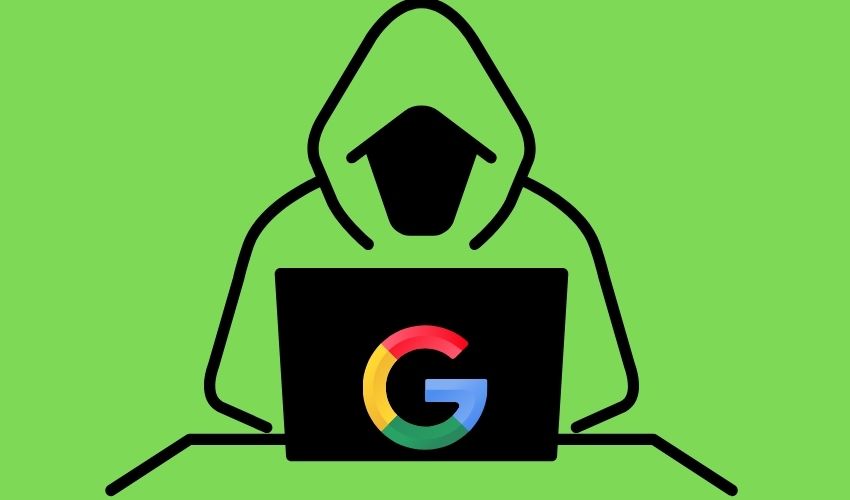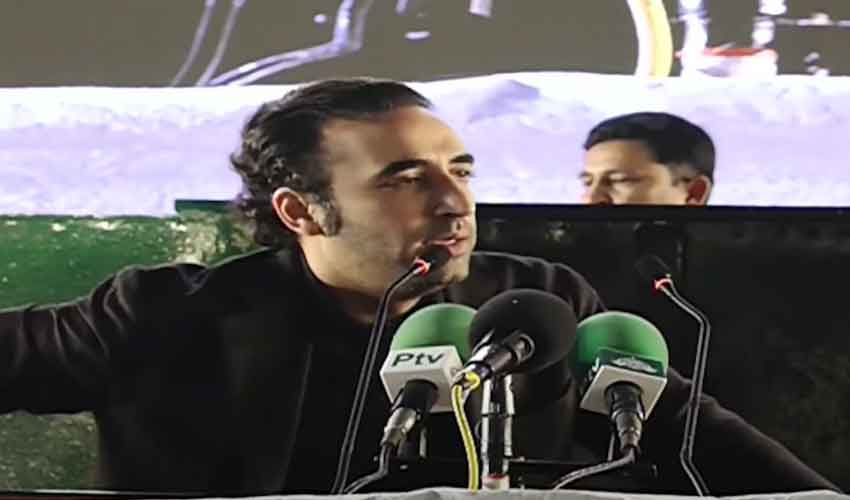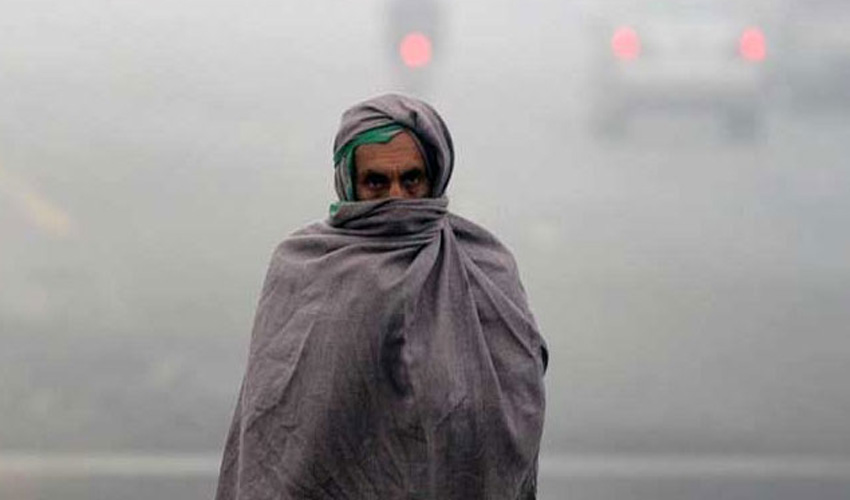President-elect Donald Trump has called on the US Supreme Court to pause the implementation of a law that mandates either the sale or the ban of the popular social media app TikTok.
Arguing for a political resolution, Trump has requested time to address the issue after taking office.
The Supreme Court is scheduled to hear arguments in the case on January 10. The contested law, passed by Congress in April, stipulates that TikTok’s Chinese parent company, ByteDance, must divest its ownership of the app by January 19 or face a nationwide ban.
TikTok, which boasts over 170 million users in the U.S., has filed to have the law overturned. If unsuccessful, and without a divestment, the app could be banned just one day before Trump assumes office.
This marks a significant shift in Trump’s stance on TikTok. In 2020, during his presidency, he attempted to block the app and force its sale to American firms, citing concerns over its Chinese ownership. Now, his legal team has sought a delay, emphasizing the need for political engagement.
D. John Sauer, Trump’s lawyer and his nominee for U.S. solicitor general, stated: “President Trump takes no position on the underlying merits of this dispute. He respectfully requests that the Court consider staying the Act’s deadline... permitting President Trump's incoming administration the opportunity to pursue a political resolution.”
TikTok CEO Shou Zi Chew reportedly met with Trump in December, with the president-elect expressing a softened stance toward the app, acknowledging its vast reach during his presidential campaign. Trump reportedly received billions of views on TikTok during his campaign and called for the app to remain operational “for at least a little while.”
TikTok has defended itself against claims of national security threats, asserting that its U.S. user data is stored on American-operated servers managed by Oracle and that content moderation decisions for American users are made domestically.
Meanwhile, free speech advocates have criticised the law, comparing it to censorship measures used by authoritarian regimes. The U.S. Justice Department and numerous lawmakers, however, maintain that TikTok’s ties to China pose a significant national security risk.
Montana Attorney General Austin Knudsen, leading a coalition of 22 attorneys general, filed an amicus brief urging the Supreme Court to uphold the divest-or-ban legislation.



























